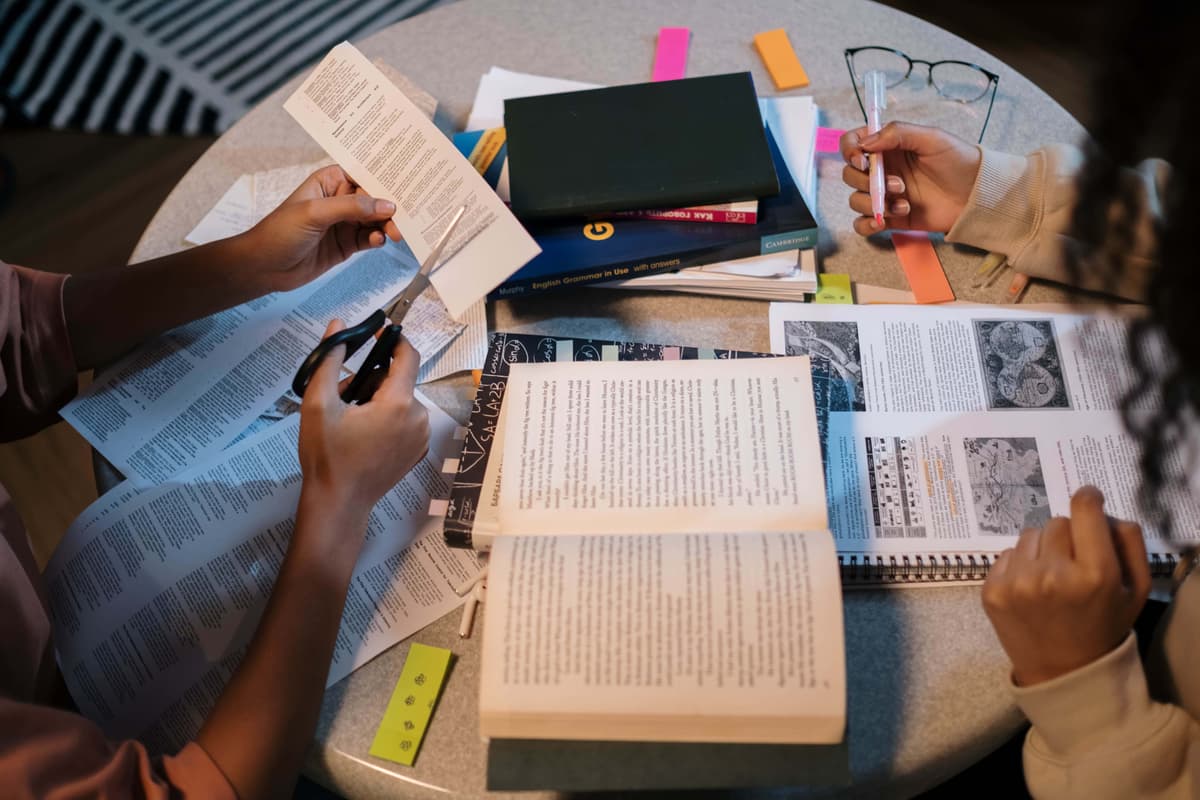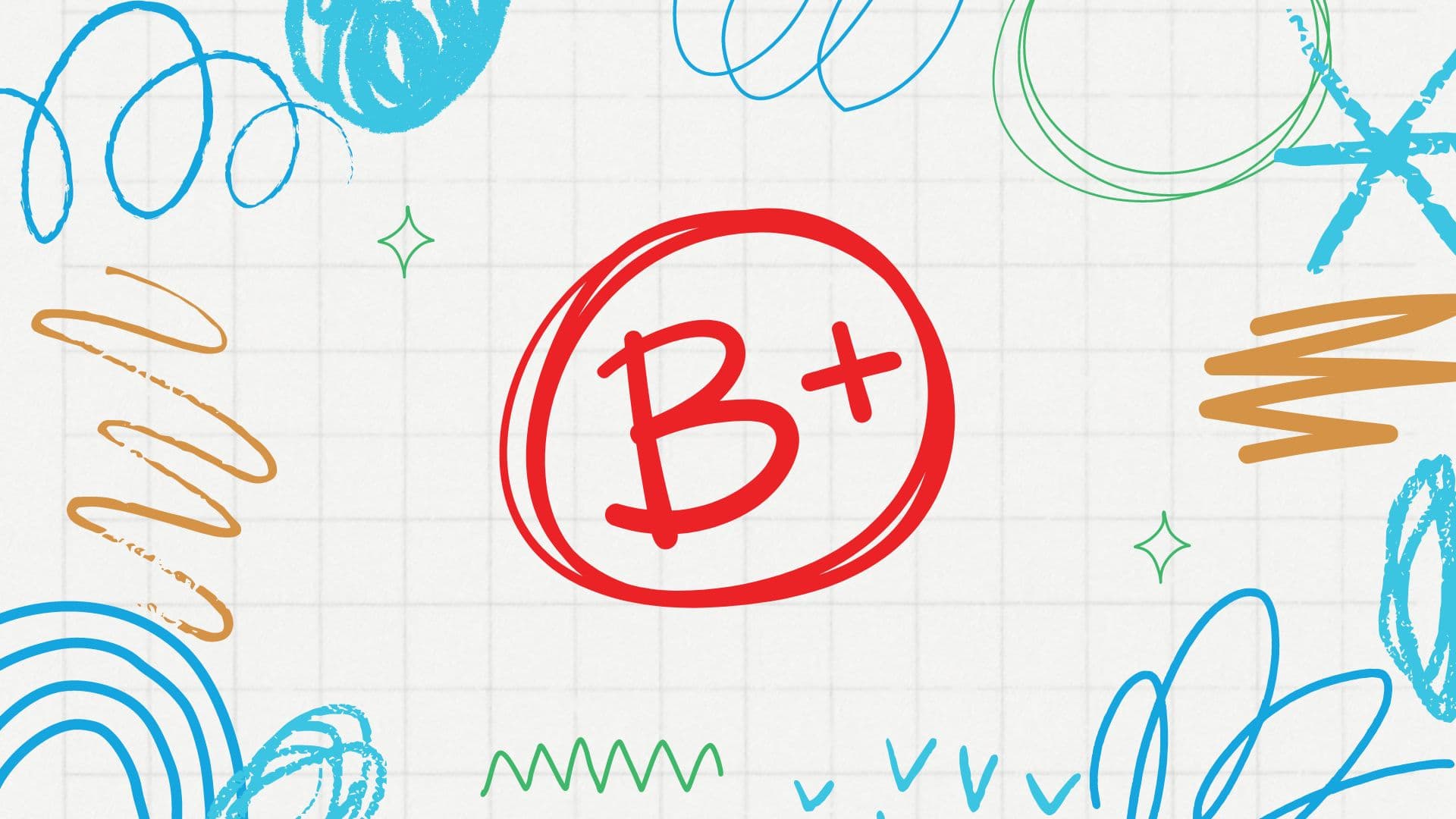
Are you unsure about what high school classes to take that will make your college application stand out? Check out this complete list of classes your high school may offer that you can take to create a diverse transcript. Whether you’re thinking about a particular college or still figuring out what you’re passionate about, this post will help you pick the right mix of classes. It’s designed to help you make the most out of your time in high school and be ready for a successful future.

High schools will have graduation requirements, which commonly include completing 4 years of English, math, science (with 2 years being lab-based), a foreign language, and a minimum of 3 years of social studies. While there is no exact formula or specific set of classes to help you enter your dream college, there are certain ones you can take to raise your chances (provided you do well in them, of course). Courses that colleges expect to see on your transcript include: English, Math, Social Studies, Science, Foreign Language, Arts, and Honor or Advanced Placement classes. High schools also typically offer a range of electives that you can take to help you get ahead.
When selecting your classes, take into account your interests or future college major. For example, if you’re considering majoring in law, you may want to build a foundation by taking English, social studies, and debate. Additionally, joining clubs like mock trial or debate club to gain practical experience.
If you’re not sure where your interest lies, high school classes are a great way for you to explore what subjects interest you or what don’t.
Before we go any further, please note that your high school may not offer everything on this list. This list is compiled from a number of schools across the US, so it is recommended you find out exactly what high school classes are offered at your local school. You can do so through the school’s website or course catalog.

If you are looking to impress your college, consider taking Advanced Placement (AP) classes in high school. These classes follow a standardized curriculum created by the College Board and can help you build the following skills:
Taking AP classes demonstrates to college admissions officers that you are willing to take on challenging coursework beyond that of typical high school classes and are prepared for the demands of college academics. Students will have an opportunity to take the AP exam near the end of the year to potentially earn college credit for those who perform well. Earning college credit can allow students to complete some introductory college requirements, saving them time and money.
Depending on your high school, they may weigh AP courses on a different GPA scale, so students have the opportunity to boost their weighted GPA. This is great for those colleges that consider applicants’ GPAs during the admission process.
Here is a complete list of AP classes your high school may offer:

The International Baccalaureate (IB) program is a comprehensive and internationally recognized curriculum that focuses on critical thinking and global awareness. It is designed for students ages 16-19 to prepare for university-level coursework. It includes a set of required courses in six subject groups:
Students must take classes from each category and take an IB assessment for points. Each assessment has a score from 1 to 7, and students who have earned at least 24 points can receive an IB diploma. In addition to the IB classes and exams, there are 3 core requirements students have to complete to earn an IB diploma: the Extended Essay, the Theory of Knowledge (TOK) class, and the Creativity, Activity, Service (CAS) project.
Even if your high school doesn’t offer certain high school classes that align with your interests or potential college major, colleges typically prioritize core high school classes over electives. It’s more important to have a strong GPA in your fundamental subjects: English, math, science, and social studies. Electives and advanced courses help enhance your application but are not mandatory.
Instead, focus on developing skills and strengths outside the classroom through leadership roles, community service, sports, arts, and other activities. This can make you stand out since admission officers appreciate a well-rounded individual.
College admission officers understand that students will have different opportunities based on the resources available at their high school and will consider various aspects of your application. Demonstrating a passion for learning, taking initiative, and excelling in the available courses can make a positive impact on your college application.
If you’re still interested in taking these classes, you can consider taking it at a local community college. Many high school students do so as a way to add to their education and gain exposure to subjects not readily available at their high school.
Now you’ve explored the wide range of high school classes available, it’s time to start planning. Remember, your high school may not offer all these courses due to various reasons, so check with your school to see what classes are available when you’re planning.
If you’re a freshman, you can take your time researching your dream colleges and their prerequisites. Have a talk with your school’s counselor to chart a course that supports your interests and goals. If you’re a senior, check with your counselor to pinpoint any gaps and see what classes you can take to round out your transcript.
Colleges are aware that not all students have the same resources and opportunities, so they evaluate your transcripts based on what is available to you. It is important to make the most out of what your high school offers, without overly concerning yourself with factors beyond your control. Colleges appreciate your initiative to demonstrate your academic excellence and will take this into consideration during the admission process.

We’ve tracked down the acceptance rates of some of the easiest colleges to apply for in the country, so you don’t have to. With special sections for CA, FL, TX, and NY. Read on to find out more.

Do you have a 3.5 GPA? Are you curious about which schools you have a good chance of getting into with a 3.5 GPA? There are numerous options from prestigious institutions to high-ranked liberal arts colleges. The opportunities are endless and in this blog, we will explore these colleges and universities, explore strategies on how …

If you’ve always been fascinated by the mysteries of the ocean and dream of exploring marine ecosystems, a career in marine biology might be perfect for you. Studying marine biology offers the unique opportunity to observe animal behaviors, understand the health of our oceans, and explore the connections between humans and marine life. Graduates can …